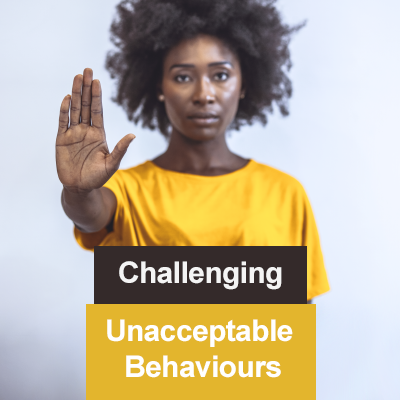Wellness at UCL
Employee support from Care First
To support mental health and wellbeing of UCL community, we are working with our Employee Assistance Partner, Care First, who offer a range of telephone and online services.
Occasionally, you might experience a time when nothing seems to go your way, be it at work or at home. Here's where Care First can offer support. Whether you need information or have questions regarding issues such as stress, pregnancy, debt, landlords, neighbours or nutrition, Care First can provide the answers.
Online, you will find articles, information and news that are kept up-to-date by a team of Care First professionals. If you can't find the answer to your question within the online area, or you need further information you can contact Care First free of charge and talk to one of their Information Specialists or Counsellors.
Support available from UCL Student Support and Wellbeing
- Same-day appointments with our DMHW (Disability, Mental Health and Wellbeing) team - to book an appointment with an adviser, please submit an enquiry through askUCL and a member of our team will be in touch, or call +44 (0)20 7679 0100.
- Counselling with SPCS (Student Psychological and Counselling Services). To access counselling, students need to complete an online registration form, which can be found on the 'Accessing counselling' page here.
- SilverCloud (login required) - a free online resource of self-paced psychoeducational and CBT programmes for mental health, wellbeing and chronic health issues, available to all UCL students. Find out more about SilverCloud here.
Anxiety and worry
Anxiety is a normal response to situations that we perceive as threatening to us. We all experience it now and again and in some situations, anxiety can be helpful, such as when we need to perform well, or cope with an emergency. For example, it’s completely expected to feel anxious if you had to take an exam or go to hospital for surgery. Anxiety can begin to have a negative impact on one’s life should it develop further. Some people will be diagnosed with anxiety-related mental health conditions such as Generalised Anxiety Disorder, where specific treatment and support is available.
Here are some common ways that anxiety can manifest:
Heart pounding, racing, skipping a beat Headaches; feeling dizzy or lightheaded Chest tightness or pain Overeating or loss of appetite Feeling restless, fidgety or shaky
UCL Student Support and Wellbeing are here to support you. We encourage you to access our services so that you can get the right help and make positive steps to manage your anxiety.
Explore the online self-help library for further reading material about anxiety.
Discover online programmes and app resources to help manage your anxiety.
Closely linked to stress, you may be constantly on the go and feel like you have little time to look after yourself. You may avoid social situations or use smoking and drinking to cope with them. Your flat mates and peers may notice you’re being irritable or snappy with them. You may see an increase in compulsive behaviours such as persistent overeating, skin picking, washing or checking things.
 Close
Close


